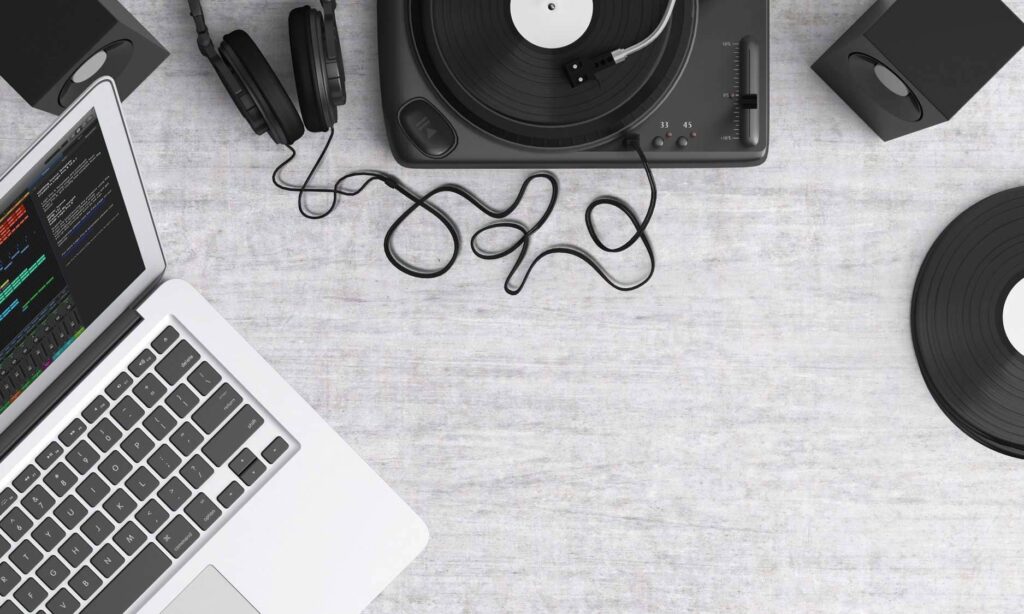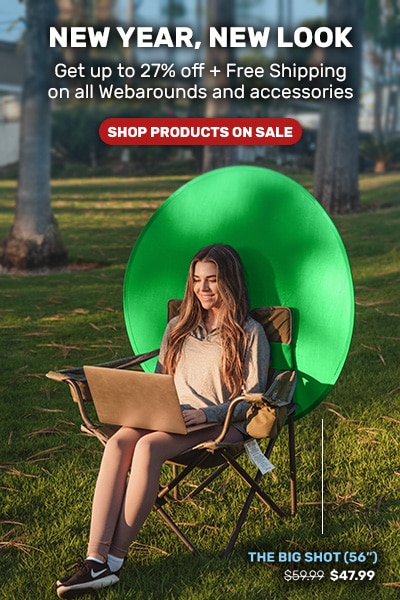
Background music complements a large part of what you hear in videos. The right music can significantly influence the emotions of the audience and energize the plot of the film.
However, there are many rules to using music in your videos. Whether it’s your first video, or your hundredth, it’s imperative you understand the rules in order to prevent your video from being flagged or deleted. Although we’re not going into the intricacies of those rules specifically, we’ll go over one of the most important one—only use licensed music in your video. Getting the right music licensing for films isn’t just a crucial rule you’ll have to follow, it also offers a great way to bring out the best in your video. It can be that perfect addition you need in order to set the storyline in place with the emotions of the characters.
What Music Licensing Means
Music licensing is simply a contract on how certain songs can be used by a specified entity. If you plan to use a piece of music as a background song in a video conferencing session, then it’s imperative that you seek permission from the copyright owners.
The terms of the song use should also be straightforward enough to avoid any issues while negotiating the license.
The most common issu often comes up when an artist or a licensed song becomes super popular after issuing a license. This leads to instances where artists call for a renegotiation of the initial licensing terms. To avoid this occurrence, it’s best to ensure that this is handled within the contract terms during the negotiation stage.
Why You Need to License a Background Music Before Using
- Confidence
There are strict laws prohibiting the use and distribution of intellectual properties without having the proper rights and permissions. In some instances, those laws recommend jail terms and individuals caught in violation. An example of such is the copyright law that stipulates a felony record and jail time of five years for individuals that engage in the unlawful distribution of intellectual property. In some instances, you may be required to pay as much as $250,000 in fines.
Licensing your background music gives you the rights and clearance to include the music in your video as you want. That way you won’t have to worry about breaking any laws or committing any felonies. - Brand Reputation
Your company’s reputation is a priceless asset. Damage to your company’s reputation can affect many things, including your bottom line. As relationships within the industry are built, you should take steps to create procedures for finding the right licensing permits. Damage to your brand’s reputation can be large enough that it follows your brand for years. It becomes an even more daunting challenge when that reputation damage is caused by the misuse of intellectual property.
To prevent your brand’s reputation from being damaged, be intentional about licensing every music source in your video. Depending on the size of your team, you may assign specific individuals to purchase the necessary licenses. - Ethics
If you’re thinking that chances are low that you’ll get caught using unlicensed music, you are probably right. However, the importance of adhering to the different laws for use of intellectual property goes beyond avoiding jail time. Do it because it’s the right thing to do. To respect other people’s craft is highly ethical and doing this will give you peace of mind. - Example
One important lesson you can teach everyone is to ensure they hold integrity in high esteem. By becoming a notable example of integrity, you are educating upcoming generations about issues relating to licensing and giving future content creators the right mindset and expertise.
How to get a license for a song in your video
To get a license for a song in your video, you should first determine the copyright owners of the song and then reach out to them. Most up-and-coming artists can usually be contacted pretty easily for music licensing, as it offers them a great way to make money from music .
However, it doesn’t end with just contacting either the record label or the artist directly; you may have to also contact the composer and/or the music publisher of the song. This is a necessity because songs have a minimum of two rights; the first is the right to a recording, while the other is the right to the written song. You may have to negotiate with both parties separately. However, an artist may have the rights to both, if they composed the song and sang it.
How to find the Copyright Owner of a song
Quite often, tracking down the owners and contacting them can be a daunting process. To make the process easier, it’s typically better to start searching for the record labels instead of the owners because they are usually easier to find.
You can find their contact details by looking through the list of music publishers on the websites of performing rights societies. Check their database until you find what you’re looking for.
If it’s impossible to locate the copyright owner this way, an alternative way is to reach out to music licensing companies for professional assistance.
How to request a license to use a song
The most common way to initiate a licensing request is to either contact them via written letter or email. Regardless of how you reach out, you should properly identify yourself, mention the music you’re interested in, and explain how you’d use it within your work.
Lastly, be sure you request a signed agreement to indicate their approval.



